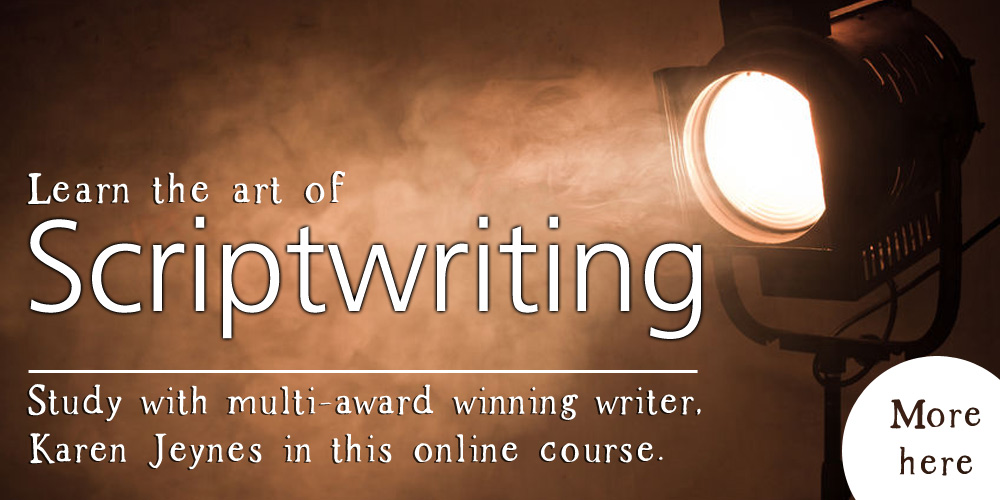BY PRAJKTA BUDJADE

In a
And he was right. In the physical world, women should not prolong confrontation with a bigger, stronger attacker. I have often wondered though, how far we women have taken this wisdom in our psychological worlds.
It wasn’t until I was reminiscing with a friend about my teenage years, that I realized how deeply this perception of weakness had shaped my self-image – and my writing.
As a South Asian, I have always lived in a world controlled mostly by men. They control where you go, what you do or who you can talk to. It doesn’t have to be the men in your family; in fact, the ones in mine have been remarkably liberal. But even if they do not begrudge you your freedom, there are enough men on the outside to curtail it. It is a system of suppression, enabled by fear.
If you break the rules, there is an ever-present threat of violence. If you travel alone, you will get harassed. If you dress in modern clothes, you are inviting violation. If you speak out, you are asking to be labelled as subversive, perverse or worse, un-feminine.
For the longest time, I believed that the only way to survive was not to
To tell my story was out of the question.

Then one day I saw an actress on TV, wearing unglamorous clothes and an angry expression, calling her boss a moron. She rolled her eyes and told her truth to a stranger in an elevator. She believed she was smarter than her boss and had no qualms blurting it out along with a series of unflattering epithets.
I was mesmerized. She was me, as I am inside my head. And I watched her every chance I got. I laughed harder at her jokes than anyone else’s. She could be loud and obnoxious if she felt like it. She was unafraid to be herself and let people know who that was. For the first time in my life, I had an idol and it was Tina Fey.
In her book Bossypants, she wrote, “Do your thing and don’t care if they like it.”
The words effectively sum up much of what she can teach young women. I was reading the book when I was starting to write. I remember highlighting the words, though, back then, I did not fully understand their significance for me.
“Do your thing and don’t care if they like it.”
Tina Fey, Bossypants
Writing has always felt like something that could give deeper meaning to my life. But I have had to contend with my inner boundaries from the very start. I worry about whether my stories are too wild or too ‘out there’ for the rest of the world. Am I going to expose myself as a subversive woman in my community if I attempt to express my subversive thoughts?
At such times, I invoke Tina Fey. I remember her unapologetic sass and tell myself to keep doing my thing, even though they may not like it.
Writing must always come from a place of truth and I should not suppress mine.
About the Author
Prajkta Budjade is a Delhi-based marketing executive who develops advertising campaigns and has extensive experience writing marketing copy. She has also worked on social media content development for popular consumer brands in India. She enjoys writing ghost stories in her free time. Her work is inspired by the folk tales she grew up listening to.

Photo Credit : Pexels.com












